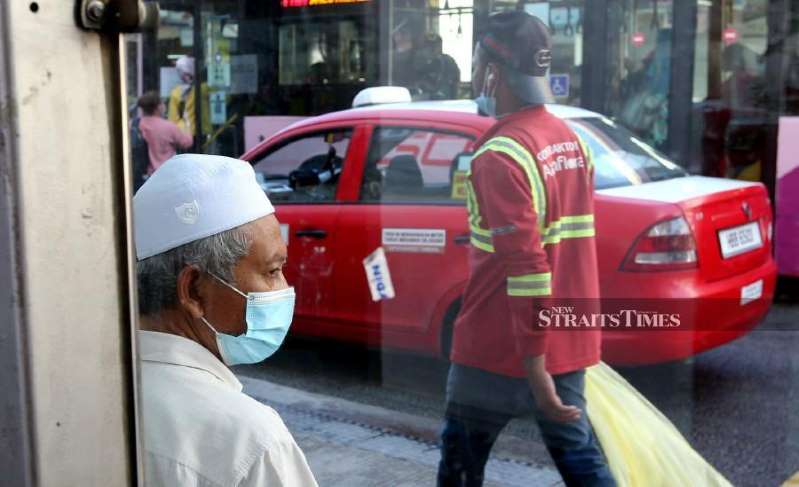OTHER than public health concerns about safety, efficacy and distribution mechanisms, vaccination also instigates complex socio-religious controversies. This not only involves different perspectives regarding the legal status of the biological products used in vaccines, but, more importantly, how different races and religious groups view each other when making demands about the specifications of such products.
While some Muslims feel that it is their right to demand halal vaccines, for others, non-Muslims among them, such demand is unnecessary as the main focus of vaccination is safety and efficacy. Issues regarding the halal status of newly developed Covid-19 vaccines arose after an announcement by Science, Technology and Innovation Minister Khairy Jamaluddin, who said such vaccines would be available in the first quarter of next year.
Netizens’ concerns regarding the halal status of these vaccines have received myriad responses from the authorities, including Pahang mufti Abdul Rahman Osman, who said the halal status of the vaccine is important to ensure peace of mind among Muslims.
In consequence, on Oct 7, Halal Development Corporation (HDC) Chief Executive Officer Hairol Ariffein Sahari, said standards to certify halal vaccines, including for Covid-19, will be available by early next year. It was reported that HDC was working closely with the Malaysian Standards Department and the Malaysian Islamic Development Department to develop the standards, while initiating research and development measures with several companies produce these vaccines.
A Malaysian halal vaccine project is not new. It has been on the radar since 2014, when then international trade and industry minister Datuk Seri Mustapa Mohamed announced that by 2017, Malaysia would be the main producer of halal vaccines for meningitis, hepatitis and meningococcal disease. In December 2017, Pharmaniaga, a Malaysian-based pharma-ceutical company, engaged in a collaboration with a Delhi-based vaccine manufacturer to start producing halal vaccines by 2022.
Society has the right to be well-informed about what constitutes a halal vaccine. In a HDC report, titled Global Market Potential for Halal Vaccines, a halal vaccine was described as something that does not contain any part or product of an animal that is either non-halal or not slaughtered according to syariah requirements.
Therefore, some have proposed that halal vaccine production may incorporate plant-based mediums, as well as plant-based enzymes. Over the entire production line, however, manufacturing facilities, packaging, storage, as well as transportation mechanisms must be exclusively used for halal biological products. Moreover, sufficient measures to prevent vaccine contamination along its production stages must be duly observed by manufacturers.
An issue that might arise with the advent of new halal vaccines is the legal status of existing vaccines not yet certified halal. Generally, by referring to the arguments presented in Islamic legal verdicts (fatwa), locally and globally, it is clear that vaccines that may not be certified as halal will still be permissible (mubah) on the basis of dire necessity (darurah).
This is because vaccines, like any other medicine, are permissible according to Islam, as long as they do not contain any prohibited elements specified in the Quran or any other form of filthy (najasah) ingredient. Therefore, in the event that no alternative is available, to prevent fatal communicable diseases, existing vaccines are acceptable for Muslims.
From the manufacturing and distribution perspectives, achieving herd immunity in society requires more than one type of vaccine. John Shiver, the senior vice-president of Global Vaccine Research and Development at Sanofi, a leading pharmaceutical company, argues that, in resolving the Covid-19 pandemic, no single company or product will be able to provide the overall solution.
Therefore, Covid-19 halal vaccines should be seen as part and parcel of a global endeavour. The effectiveness of the vaccines is contingent on their distribution among the right people at the right time; coverage is key to developing herd immunity. Concerted efforts across religious, social, geographical, and politico-economic divides are important if we are to return to normality.
Source: New Straits Times Press (M) Bhd


